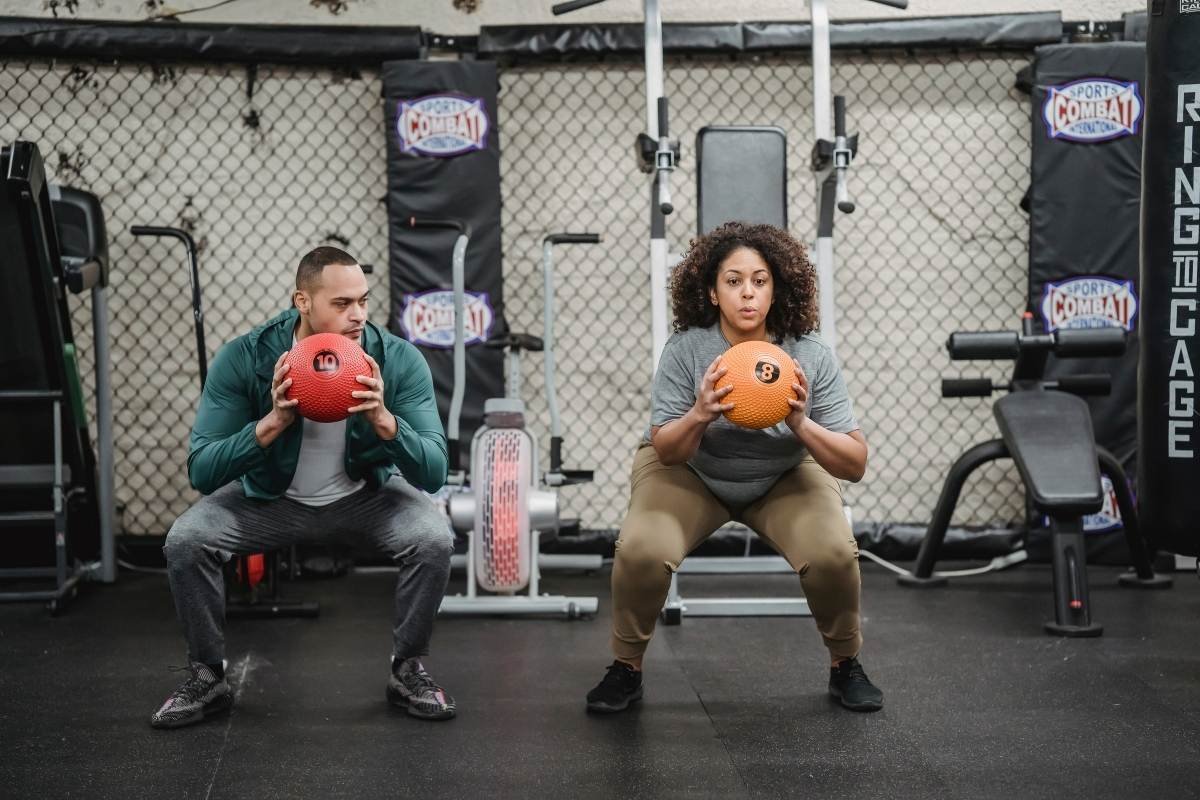Blog
High incidence of TBIs in study of houseless and precariously housed persons
A recent study by Tiffany O’Connor et al. explored the incidence of traumatic brain injury among homeless and precariously housed persons. Of the 326 individuals who participated in the study, 100 acquired at least one TBI during the study period (with 31% suffering more than one) – yielding an incidence proportion of 30.7%.
Risk-seeking and impulsivity may shorten patients’ time to return to play, increasing risk
A study found associations between certain personality traits and the time until return to play after a concussion. Experience seeking and impulsivity are personality traits that indicate a shorter return to play after a concussion. In contrast, conscientiousness is a personality trait that investigators associated with a more extended return to play delay.
Veterans with mild brain injury history show cognitive deficits in line with early Parkinson’s Disease patients
A study found that veterans with mTBI history performed significantly worse on 4 of 9 cognitive tests than either the age-matched non mTBI veterans or the healthy controls. Concerningly, the test results for veterans with mTBI showed they were cognitively “at least three decades older.” They performed most closely to the cohort of early-stage Parkinson’s Disease patients.
Risk factors and intervention strategies for preventing falls & brain injury in older adults
An excellent article from Elizabeth Sandel, MD, explores the relationship between falls and TBI in older adults and lays out interventions for a variety of common risk factors. Sandel points out that “Falls are the leading cause of traumatic brain injuries (TBIs) in the U.S."
Superb training manual for providers on how to do a virtual concussion exam
When is virtual concussion care appropriate? How do you conduct a virtual concussion exam? Which part of the exam cannot be done virtually? (Spoiler alert, it’s orthostatic vitals, cardiovascular/respiratory, and gait). A group of leading U.S. and Canadian concussion researchers/clinicians have authored a Virtual Concussion Exam Training Manual.
Study finds persistent balance and vision impairments in patients four weeks to six months after concussion at similar rates regardless of self-reported symptom presence
A study found that over half of participants had persistent sensorimotor impairments at four weeks to six months after suffering a mild traumatic brain injury (mTBI). The authors note that “These disturbances were evident regardless of whether ongoing symptoms were reported,” including those patients who said they were asymptomatic.
ADHD and Learning Disorders increase odds of concussion risk in collegiate athletes
Researchers utilized NCAA-DOD CARE Consortium data to investigate whether the presence of ADHD or learning disability (LD) increased the odds that NCAA athletes would report a history of concussion or sustain a concussion after enrolling in the CARE Consortium study.
The Impacts of COVID-19 on Service Providers and Women Survivors of Intimate Partner Violence and Brain Injury
Intimate partner violence (IPV) affects up to 1 in 3 women over their lifetime. COVID-19 has intensified this problem. The intersection of IPV and brain injury (BI) remains relatively understudied. However, this study, published in Journal of Head Trauma Rehabilitation, focused on improving understanding of intimate partner violence and brain injury.
Post-concussion return to play injuries reduced for athletes who received neuromuscular training, Colorado study finds
According to a preliminary research study published in the American Journal of Sports Medicine, an 8-week neuromuscular training (NMT) intervention on sports-related injuries of young athletes may lead to a 3.5 times lower risk of injury when they return to play post-concussion.
Predicting prolonged concussion recovery with a decision tree model
A study by Dr. Michael Robinson et al., published in American Journal of Physical Medicine & Rehabilitation, used a decision tree to identify patients at higher risk of developing prolonged concussion symptoms. The researchers found that feelings of fogginess and sadness at initial assessment were predictive of prolonged symptoms “lasting 28 days or more postconcussion.”
Concussed students have not fared worse during the pandemic
A study found that “students who sustained a concussion during the pandemic did not report increased academic concerns or reduced QOL [quality of life] compared to those whose injury was prior to the pandemic.”
Persistent post-concussion symptoms, TBI history predictive of intimate partner violence (IPV) perpetration among veterans
A study found that persistent post-concussion symptoms (PPCSs) “were associated with an increased likelihood of perpetrating IPV in the subsequent year when controlling for other common IPV risk factors,” including binge drinking, marijuana use, pain level, and probable PTSD.
Flow chart of when telemedicine is appropriate for concussion patients
PedsConcussion tweeted a flowchart and breakdown of their “Telemedicine and Virtual Care Algorithm.” This flowchart can be helpful for both patients and providers when considering whether or not to go for in-person care, which is particularly important considering the current increased incidence of COVID-19.
Brian-injured intimate partner violence survivor explains why we need TBI screenings for both perpetrators and victims of crimes
In an article published in The Marshall Project, Melissa Bickford details her experience with intimate partner violence and the subsequent impact of the TBI she suffered as a result. Connecting with a previously incancerated man made Bickford realize that the psycho-emotional and physical fallout of a brain injury can push victims to become perpetrators.
Improving sleep and sleep-related outcomes in veterans with and without a head injury
Veterans with or without a history of head injury are encouraged to participate in a remote study to learn about how receiving bright light or negative ions in the morning might affect sleep in veterans of all ages.
Study finds signs and symptoms of concussion differ markedly across age groups in youth athletes
In a recent study, an analysis of acute symptom presentation among the three age groups (5–8, 9–12, and 13 to < 18) found that “signs and symptoms differed markedly across age groups, with vomiting decreasing and headache, LOC [loss of consciousness], amnesia, and disorientation increasing with increasing age."
New study finds biomarkers in urine predictive of concussion
A study by Cassandra C. Daisy et al. published in Neurology discovered a new pair of proteins in urine that, along with a single-task gait evaluation, can be used to distinguish concussed athletes from healthy controls with 83.5% accuracy.
Prospective trial shows eliminating body checking significantly reduces injuries and concussions in adolescent hockey
A study by Carolyn A. Emery et al. published in British Journal of Sports Medicine found that injury rates were 61% lower and concussion rates 51% lower in non-elite adolescent hockey leagues that did not permit body-checking than leagues that did.
Cannabis flower may act as an effective pain reliever for migraines and headaches
Research published in the Journal of Integrative Medicine sheds new light on the use of common cannabis products for treating headaches and migraines. Researchers Sarah S. Stith et al. found that dried Cannabis flower could effectively treat pain from migraines and headaches.
Cannabinoids may be beneficial in treating TBI and multiple sclerosis
Cannabinoids may be beneficial in treating traumatic brain injury and multiple sclerosis, particularly for patients who “display resistance to conventional treatment.” In their recent literature review, Daniela Calina et al. found that, in animal models, “the use of cannabinoids in TBI increases neurobehavioral function [and] working memory performance.”




















